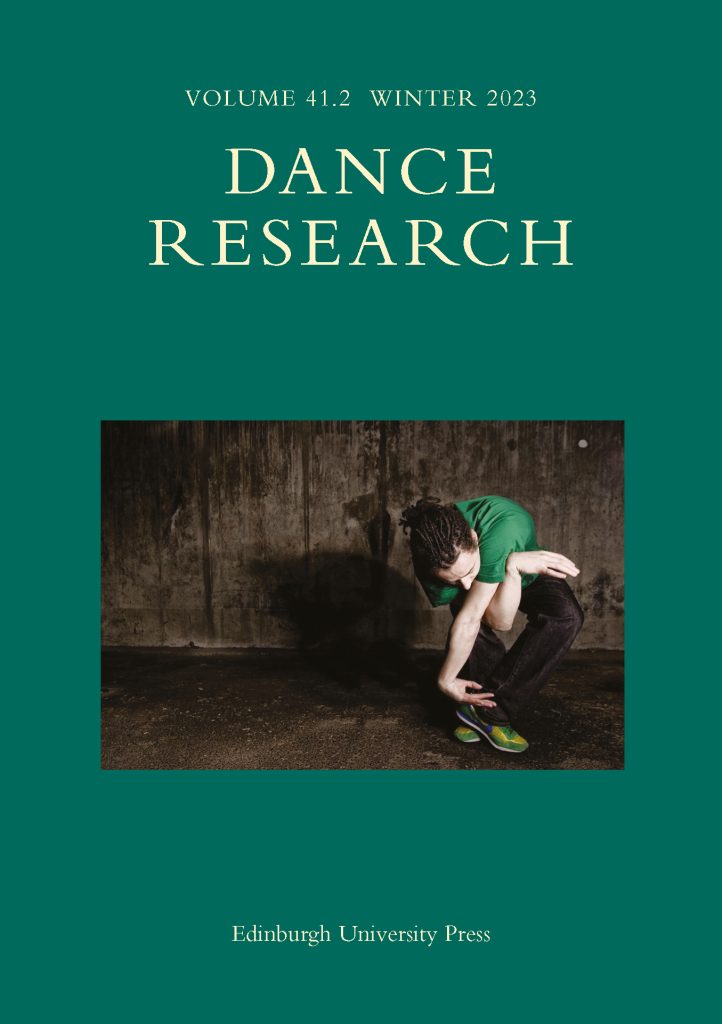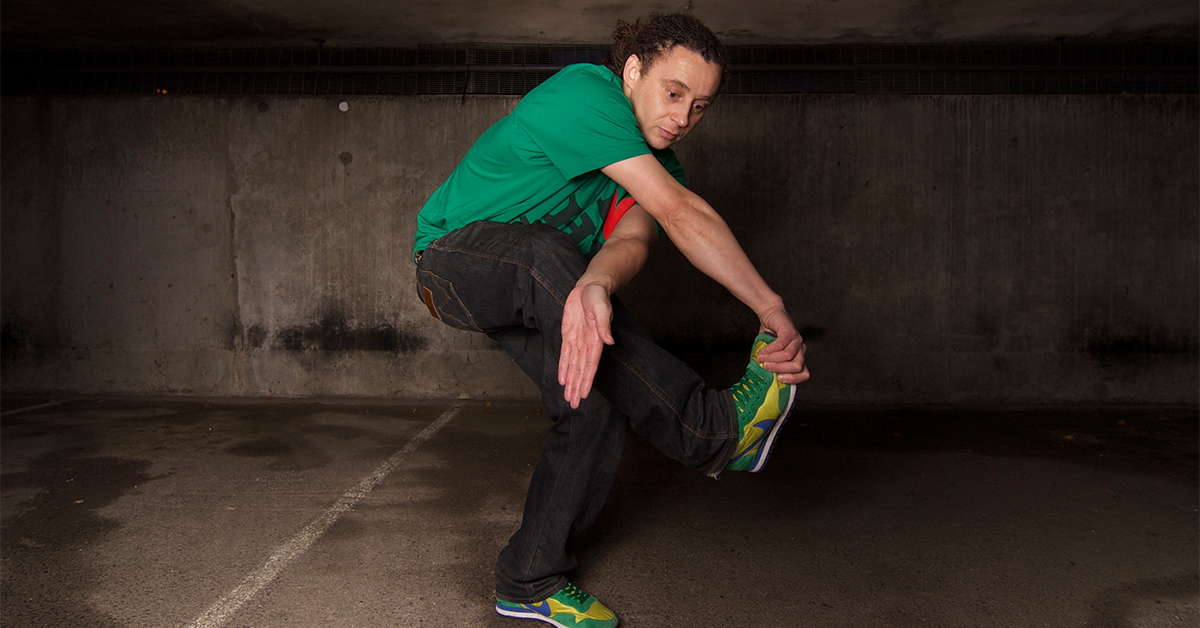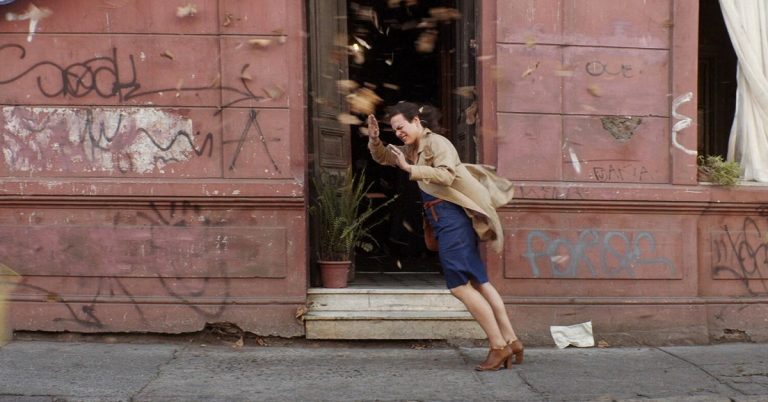
with Robert Hylton and Jonathan Burrows
Based on a conversation between myself as a longstanding hip-hop artist and now academic researcher, and choreographer Jonathan Burrows who has been a regular collaborator on Jonzi D’s Back To The Lab hip-hop theatre mentoring project at Breakin’ Convention, Sadler’s Wells.
The piece is a conversation around hip-hop dance and its changing visibility in many different worlds. We reflect on the nature of practice in hip-hop dance including transmission of physical and philosophical knowledge, respect and lineage, constant innovation, the importance of hip-hop dance’s African threads and the relationship or not to academic research and the space of theatre. The discussion then is one of how hip-hop dance is experienced and by who, why and where?
Being that hip-hop is 50 years old and now a ubiquitous culture with its own history, artefacts and philosophy, this tells us that hip-hop is no longer a child. Instead, hip-hop is a multi-dimensional form which has grown into many different spaces, that still stands with a community based ideology with the party and cypher at its core. At the same time it is spreading its wings into theatre, mainstream commercial spaces, institutions, and increasingly in academia.
Hip-hop, as an academic forward-facing voice is at present being worked out – meaning who is the expert? Is it ethnographic, practice-based or shared? This argument or point of reflection is in itself worth a single focus and I think stretches across every topic Jonathan and I speak on through the discussion. Also, hip-hop’s relationship with outside actors as they increasingly become part of hip-hop, and how its participatory show and prove culture now turns into an uncomfortable presentation towards an audience who watch rather than do.
This raises an important question – what does authority mean in hip-hop dance? Its origins represent both autonomy and generational rejection, or ambition to be the best – meaning hip-hop is not a subordinate form. The point being are institutional spaces good for hip-hop dance? Don’t get me wrong, institutional opportunity for hip-hop dance is an exciting prospect, however the DIY nature of hip-hop means the party can always be taken somewhere else to avoid commodification and appropriation.
As we go forward the dialogue that takes place in all the corners of hip-hop is important and if anything, what our conversation asks the reader is to understand hip-hop as a grown-up and self-aware – why wouldn’t it be at 50 years old? The dynamics of the hip-hop mind is now becoming as articulate or showing its intellectual self – alongside the expressive and innovative dance culture of hip-hop. As such I think through the dialogue, we begin to open up a discourse that shows hip-hop dance as a capable culture. Moreover, the rate at which both the hip-hop body as a mover and its self-awareness as a thinker is developing shows us a future which both extends and challenges hip-hops practice.
Thus, what hip-hop dance is really telling us is that it is/will continue to move forward in many different spaces. This demonstrates that conversation and dialogue around hip-hop dance is an important part of the transmission and (re)understanding of hip-hop from generation to generation, which points to a cultural form that thrives through a continued labour of endless possibilities of growth culturally, creatively and intellectually. Hip-hop dance will keep moving wherever it is, wants to go, and will leave or share rather than be taken. This unfolding and developing future of hip-hop tells us we have yet to see what else it can do.
Read the article “Creativity, Skill, Integrity, Intelligence and Community: A Conversation on the Nature of Practice in Hip Hop” in the latest issue of Dance Research.
Sign up to our mailing list to keep up to date with all of our free content and latest releases

About the journal
Dance Research, the journal of the Society for Dance Research, is essential reading for those involved in the study and practice of dance. The journal covers dance worldwide both from a historical and contemporary perspective, engaging with current debates on dance and across cognate disciplines with dance at the centre of inquiry.
Sign up for TOC alerts, subscribe to Dance Research, recommend to your library, and learn how to submit an article.

About the author
Robert Hylton is a hip-hop theatre practitioner, he is currently studying for a PhD, Centre for Dance Research: C-DaRE, Coventry University. In 2020, Robert was commissioned by The British Library to write Dancing in Time a dance image archive book. His commercial choreography includes companies such as Netflix and Footlocker.





